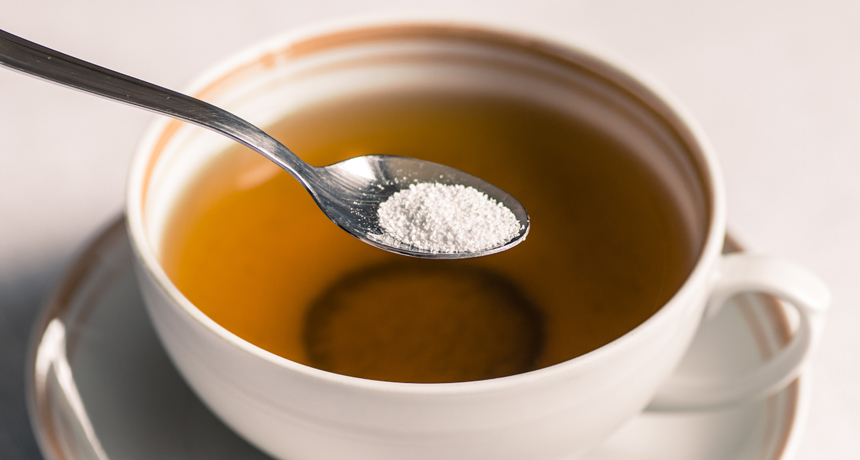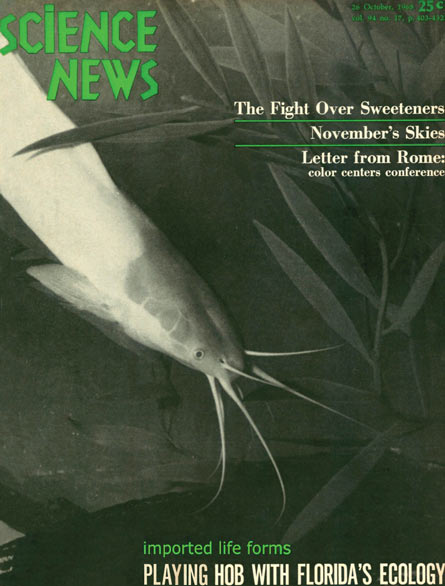50 years ago, the safety of artificial sweeteners was fiercely debated
Excerpt from the October 26, 1968, issue of Science News

THE SWEET LIFE Artificial sweeteners can enhance taste without piling on extra calories, but the sugar substitutes may have some unintended negative effects.
Photosiber/Shutterstock
 Safety challenged —
Safety challenged —






